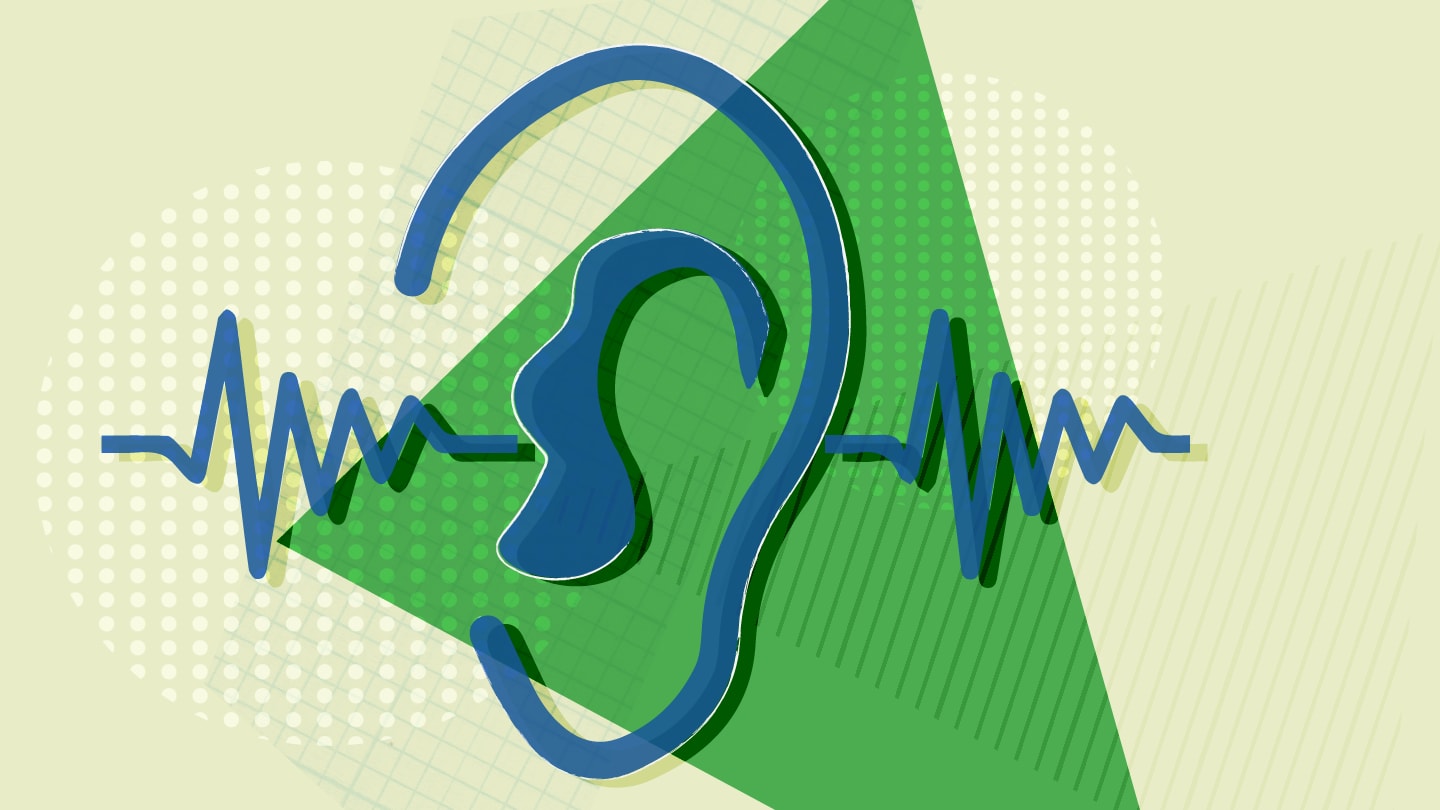
Gene therapy restores hearing
A Karolinska Institutet study has demonstrated that gene therapy can restore hearing in individuals with congenital deafness caused by OTOF gene mutations. Ten patients, aged one to 24, received a single inner-ear injection of an adeno-associated virus carrying a functional OTOF gene. Within a month, all participants experienced significant hearing improvements, with average hearing thresholds improving from 106 to 52 decibels. Pediatric patients showed the most pronounced gains with a seven-year-old girl regaining near-normal hearing. The therapy was well-tolerated, with no serious adverse effects reported. This study marks the first successful application of gene therapy for DFNB9 deafness in both children and adults.
Could stem cell therapy reverse diabetes?
Stem cell therapy may be able to reverse Type 1 diabetes (T1D), according to an international team of researchers from academia and industry. Lab-grown pancreatic islet cells – derived from pluripotent stem cells – were used to restore insulin production in T1D patients. In a landmark case, one patient was able to discontinue insulin injections after treatment, maintaining healthy blood glucose levels. The therapy involved implanting islet cells encapsulated to protect them from immune attack, a key advancement for avoiding long-term immunosuppression. The cells not only survived but produced functional insulin in response to glucose levels. The therapy remains in early phases, with researchers emphasizing the need for long-term monitoring and larger trials to assess durability, safety, and scalability.
UCSF, Abu Dhabi, and IGI genome surgery center collaboration
The Department of Health – Abu Dhabi has partnered with the University of California, San Francisco and the Innovative Genomics Institute (IGI) to explore the possibility of genome surgery centers in Abu Dhabi and California. These centers aim to diagnose and correct severe genetic conditions early, leveraging CRISPR-based technologies for personalized, genome-guided interventions. The collaboration combines Abu Dhabi's advanced healthcare infrastructure and genomic data capabilities with the university’s expertise in pediatric and fetal therapy and the Innovative Genomics Institute’s gene editing research. A key focus is training Emirati professionals in genomic surgery and clinical innovation to enhance national expertise. The initiative builds on the Emirati Genome Programme, which has sequenced over 800,000 genomes, creating a diverse national database to tailor treatments based on individual genetic profiles.
FDA grants Orphan Drug Designation to Mustang’s CAR T-cell therapy
The FDA has granted Orphan Drug Designation to Mustang Bio’s investigational therapy MB-101, an IL13Ra2-targeted CAR T-cell therapy, for treating recurrent diffuse and anaplastic astrocytoma and glioblastoma. This designation offers incentives such as tax credits for clinical trials, waiver of prescription drug user fees, and seven years of market exclusivity upon approval. In an ongoing phase I trial published in , MB-101 was well-tolerated, with 50 percent of patients achieving stable disease or better, including two partial responses and two complete responses. Preclinical data support combining MB-101 with MB-108, a herpes simplex virus type 1 oncolytic virus previously granted Orphan Drug Designation, to potentially enhance treatment efficacy by modifying the tumor microenvironment.
Trial-on-chip tool screens CAR T-cell therapy for leukemia
A US-based study published in Nature Biomedical Engineering presents a bioengineered, immunocompetent "leukemia-on-a-chip" platform that replicates human bone marrow’s structural and functional complexity for evaluating CAR T-cell therapies. Designed with vascular, stromal, and immune components, the chip enables real-time, spatiotemporal monitoring of CAR T cell activities – extravasation, immune activation, and leukemia cell killing. It models clinically relevant outcomes such as remission, resistance, and relapse, including scenarios involving CD19-negative leukemia relapse and CAR T cell exhaustion. The platform also differentiates the therapeutic efficacy of CAR T-cell products generated from various donors, with different CAR constructs and under diverse manufacturing conditions. Notably, shortened manufacturing (three days versus nine days) produced more potent CAR T-cells. The chip’s responsiveness to patient-derived cells highlights its personalized screening potential. Overall, this organotypic system aims to address the limitations of current in vitro and in vivo models, enabling multidimensional, human-relevant preclinical evaluation of CAR T-cell therapies.
Genetic diversity could be key to longevity
A postdoctoral researcher at the University of São Paulo, Brazil, is investigating the cellular mechanisms behind exceptional longevity by studying induced pluripotent stem cells (iPSCs) derived from centenarians, especially those who recovered from COVID-19. His research aims to understand how these cells differ at the molecular level from those of younger individuals, potentially revealing insights into healthy aging and resilience. The study also examines rare progeroid syndromes to contrast accelerated and decelerated aging processes. Noting Brazil's genetic diversity as a valuable asset, Mateus Vidigal de Castro’s findings could inform future strategies for preventing age-related diseases.




